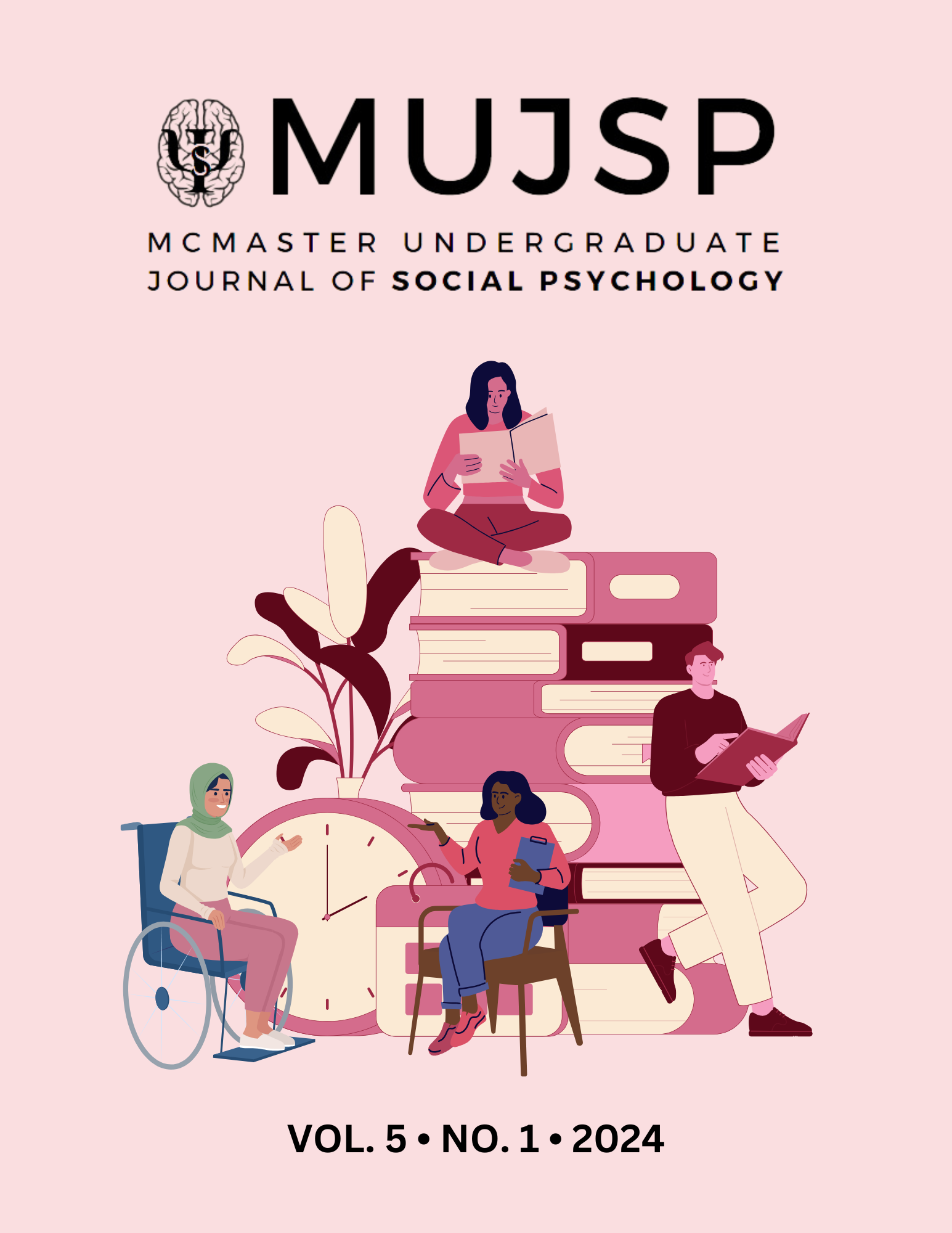Examining the Relationship Between Attachment Styles, Academic Performance, and Mental Well-Being in McMaster University Undergraduate Students
Abstract
Research on the implications of attachment style on well-being and academic performance among university students has grown considerably in recent years. However, previous literature has not evaluated how these variables interconnect within the daily lives of university students. The purpose of this study was to evaluate the relationship between insecure attachment styles, academic performance, and mental well-being. Three research questions were developed: (1) Do explanatory styles (pessimism, optimism) predict an individual’s attachment style? (2) Do attachment styles influence mental well-being? (3) Does attachment style predict academic performance? To investigate this phenomenon, MREB reviewed and approved our research proposal. An online anonymous survey was then distributed to McMaster University undergraduate students through posters and club advertising. Qualitative data was analyzed using thematic analysis and quantitative data using the statistical software Jamovi. It was found that avoidant and anxious attachment styles are negatively correlated with mental well-being, and that avoidant attachment is positively correlated with GPA. Additionally, qualitative data revealed a positive association between GPA and well-being. Our findings contribute to the field of attachment theory by providing a deeper insight into how McMaster undergraduate students’ academic and well-being services can be improved using an attachment-informed lens.


